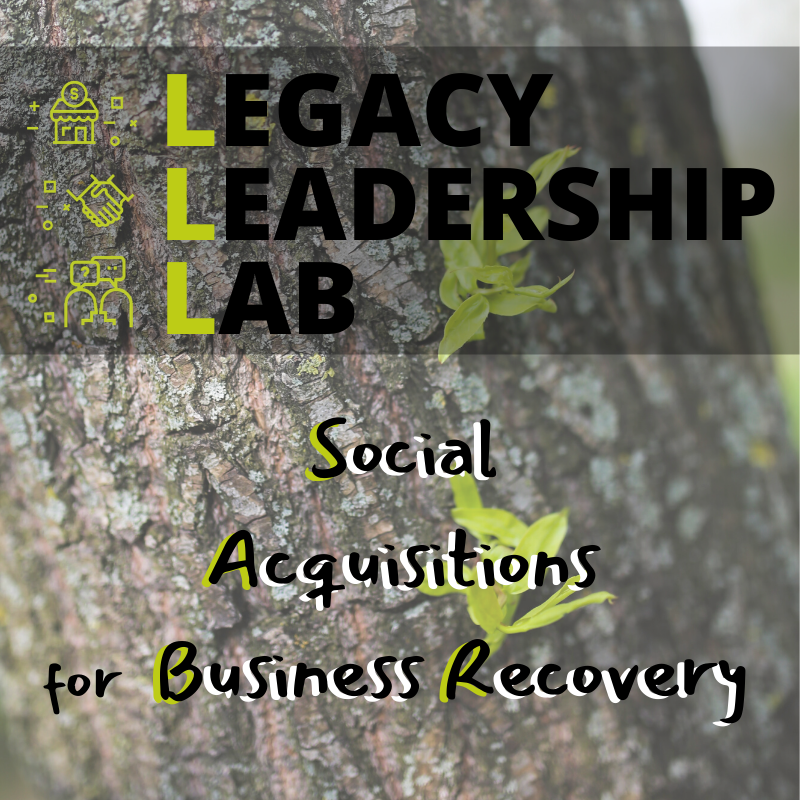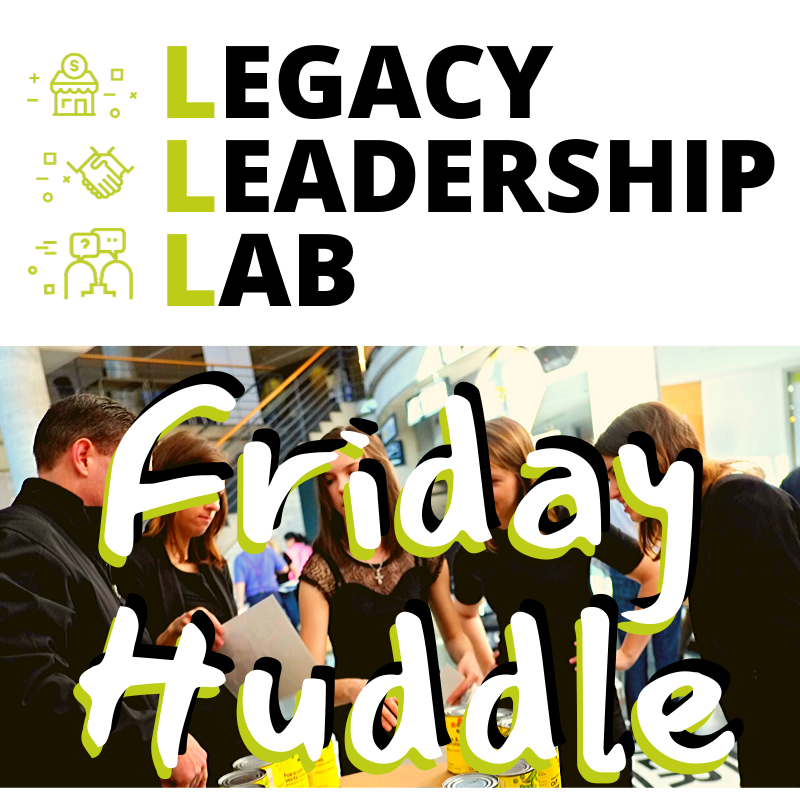
There are 1.3 million small businesses with employees in Canada[1] and this week we have seen that all of them are at risk.
The scale of the impact that COVID-19 will have on Canada’s small business sector is impossible to fully predict, but it will certainly be massive. All non-essential businesses have no choice but to shutter their doors for an indefinite amount of time, giving up months of revenue. In 2018, we estimated 700,000 small businesses with employees were at risk of closure due to owner exits within the next ten years.[2] Now we know that many of these are at risk of closure within months - if not weeks.
Whatever relief will be provided, each one will see its business model fundamentally changed. The ones that do re-open they will likely face a global recession on a scale we’ve never experienced in our lifetimes. Some will be facing large debts they incurred during their closure, others will be adjusting to months of operating as primarily online companies. Each will be managing radical disruptions in both its supplier and distribution networks. Change will be inevitable.
Many of these businesses are in rural and remote areas of Canada and exist as essential pieces of their local infrastructures, supplying towns and regions with jobs, supply chain resources, tax income, and social and community wellbeing, to name a few. The Legacy Leadership Lab began as a network- and resource-building initiative to combat the looming succession crisis for small businesses across Canada. We are building local, regional, and national connections and helping to develop market prototypes and essential business and finance services that will support the transition of at-risk businesses from conventional enterprise models into social and co-operative enterprises and community-led social purpose organizations.

COVID-19 has exposed not only dangers to the business sector, but has also mobilized communities around the country to support and sustain their local social, environmental, and economic systems. People want to help their local small businesses. L3’s tools, resources, and networks are being redeployed to help them. Let’s get to work.
Join L3 and professionals across Canada for an open-ended, freeform discussion about a solution L3 is calling Social Acquisitions for Business Recovery this Friday March 27 at 1pm EDT in our first Friday Huddle. Details on LinkedIn.
[1] Statistics Canada Canadian Business Counts, December 2019
[2] Based on a rough calculation of then current Statistics Canada business counts, 2012 CFIB estimates on prevalence of formal succession plans, and small business owner data from a 2014 Statistics Canada survey.
Connect!
Join our mailing list here.
Follow us on Facebook and Twitter.
Join our LinkedIn group here.
About Legacy Leadership Lab (L3)
L3 is an 18-month initiative by the Waterloo Institute for Social Innovation and Resilience, funded by the Government of Canada’s Investment Readiness program. We are leading five Workshops from coast to coast to help build expert-driven solutions for Canada’s transitioning small business community. During these Workshops, the we will develop market interventions and prototypes that allow conventional and social finance players, business service providers, and community leaders to facilitate social purpose conversions of existing businesses in their own towns.
About Waterloo Institute for Social Innovation and Resilience (WISIR)
WISIR is a research institute at the University of Waterloo’s School of Environment, Enterprise and Development committed to generating trans- and inter-disciplinary knowledge about social innovations and the social innovation process (the dynamics of learning, adaptation and resilience). Our approach is to pursue collaborative research and projects that bridge University of Waterloo departments, involve researchers from around the world, and engage those beyond academia. We seek to mobilize this knowledge through a range of new curriculum offerings and training opportunities - both within and outside of a university setting.